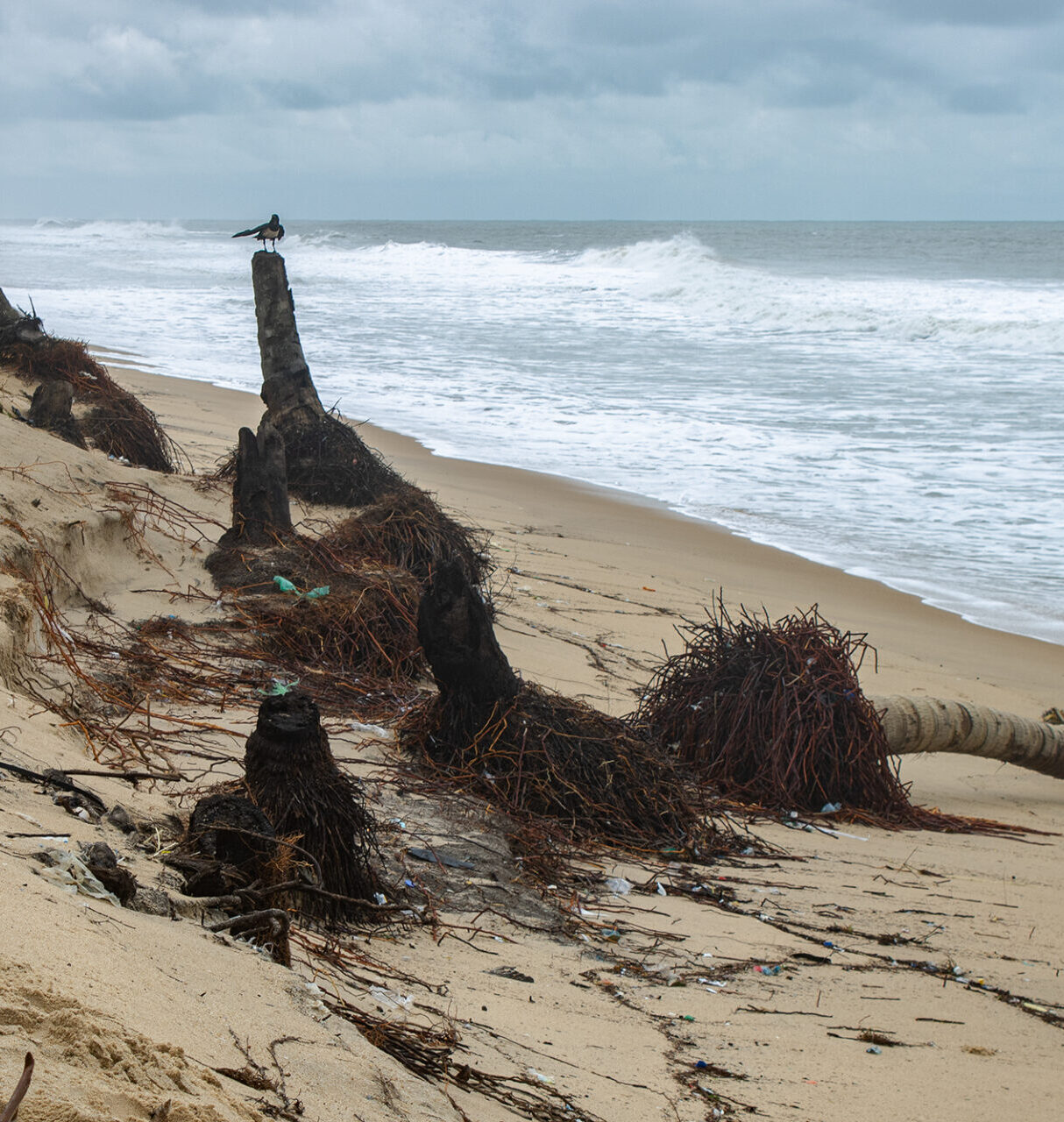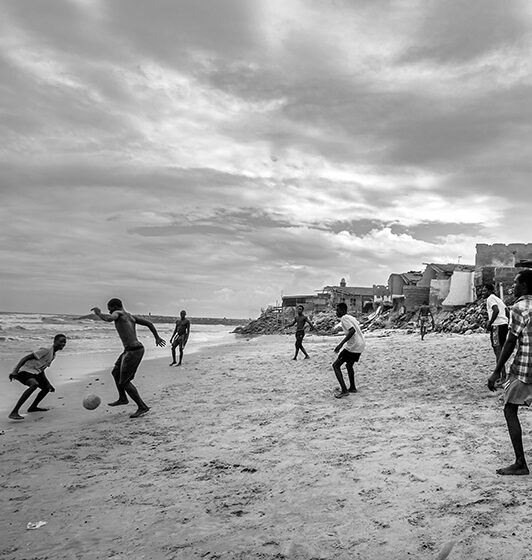Tue, Sep 3, 2024
CLIMATE AND SUSTAINABILITY
COURSES
Climate change is an urgent and multifaceted challenge facing all of society.
Harvard faculty teach an expanding array of courses examining the many dimensions of this shared challenge. Explore courses in climate and sustainability ranging from economics and English to public health and climate science.
ARE WE MISSING A COURSE?
Let Us Know
79 Results
Filters applied
Law & Policy
HLS 3111
ESG: Corporate Ethics in the 21st Century
This course will investigate the rise of ESG (Environmental, Social and Governance) as a dominant investment strategy and its consequences for corporate governance and regulation of several sectors in the global economy.
Tue, Sep 3, 2024
API 141
Finance
This course provides financial concepts, techniques, and instruments that are essential to a variety of applications that include raising debt and equity finance, asset management, climate finance, development finance, financing infrastructure, banking, financial regulation, and risk management.
Tue, Sep 3, 2024
HLS 2076
Ethics, Economics and the Law
Explores controversies about the use of markets and market reasoning in areas such as organ sales, procreation, environmental regulation, immigration policy, military service, voting, health care, education, and criminal justice.
Tue, Sep 3, 2024
IGA 402, E-PSCI 239
The Climate Energy Challenge: A Foundation in Science, Technology and Policy
This course will consider the challenge of climate change and what to do about it. Students will be introduced to the basic science of climate change, including the radiation budget of the Earth, the carbon cycle, and the physics and chemistry of the oceans and atmosphere.
Tue, Sep 3, 2024
IGA 413M
The Energy-Climate Transition
This module will look at the challenges and opportunities associated with options to transition economies toward relying on low and zero-carbon energy sources to mitigate global climate change.
Tue, Sep 3, 2024
API 205
Politics and Policies: What Is the Impact of Data and AI?
Data and artificial intelligence (AI) are changing our world.. Intended for leaders, this course introduces statistics and machine learning and what they can tell us about global challenges. Using case studies on justice and policing, elections and polling, behavioral economics, development, climate change, education, and health, we analyze research design, regression, and project evaluation, and compare the perspective of ethics.
Tue, Sep 3, 2024
API 170
Managing Climate Change Risks: Information, Incentives, and Institutions
Decision-makers – including individuals, businesses, civil society, and policymakers – are undertaking an array of strategies to manage the risks posed by a changing climate. This course explores how information, incentives, and institutions influence the actions taken by decision-makers.
Tue, Sep 3, 2024
IGA 662
The Future of the European Union: Europe in the World
At a time of increasing global turbulence with debates on the end of the liberal international order and rising turmoil in the wider European neighborhood, this course offers a comprehensive dive into EU external relations.
Tue, Sep 3, 2024
API 501 A, B, C, D
Policy Design and Delivery I
Dealing with the impacts of climate change is just one example of a challenging public policy problem HKS students may face in their careers. Policy Design and Delivery (PDD) will teach you the skills necessary to address a wide range of issues and to craft options for change.
Tue, Sep 3, 2024
API 148
Advanced Risk Management and Infrastructure Finance
The course presents an advanced treatment of the theory of financial risk management and its application to infrastructure finance.
Tue, Sep 3, 2024
SES 5206
Land Use and Environmental Law
Through lectures, discussions, readings, and a written exercise, this course provides students with a working knowledge of land use laws and environmental laws, the institutions that create, implement, and review them, and the issues that swirl around them.
Tue, Sep 3, 2024









